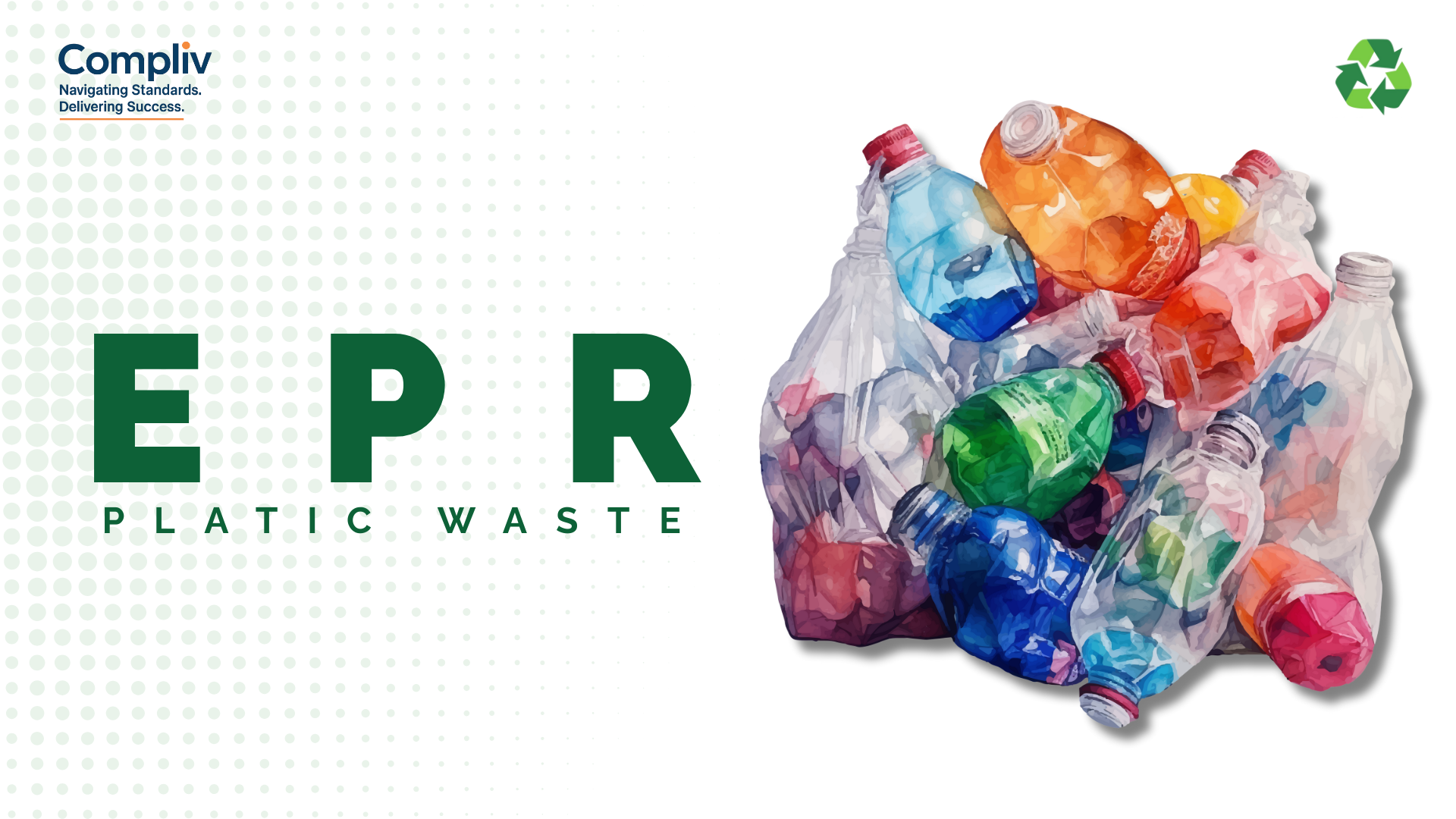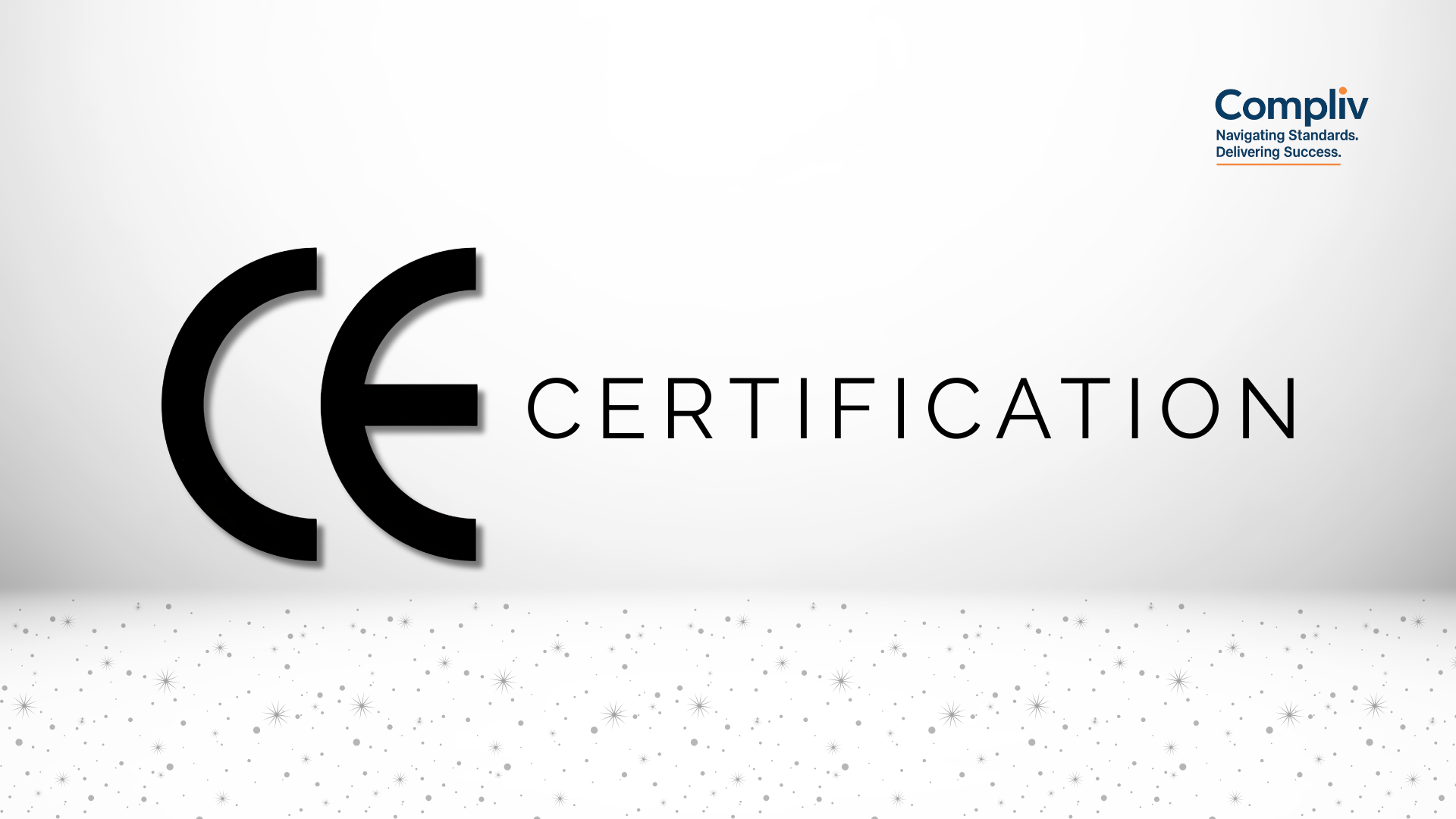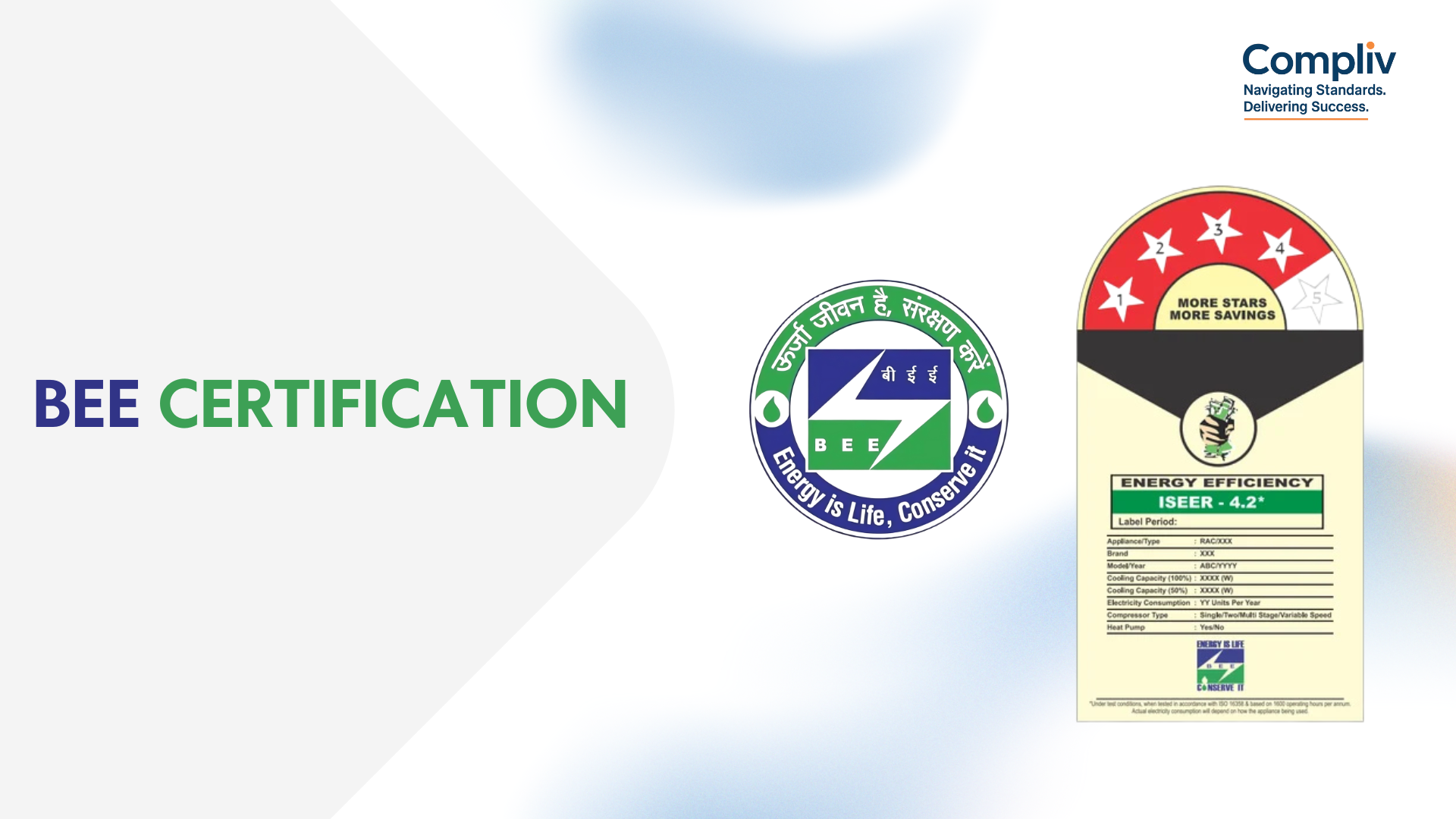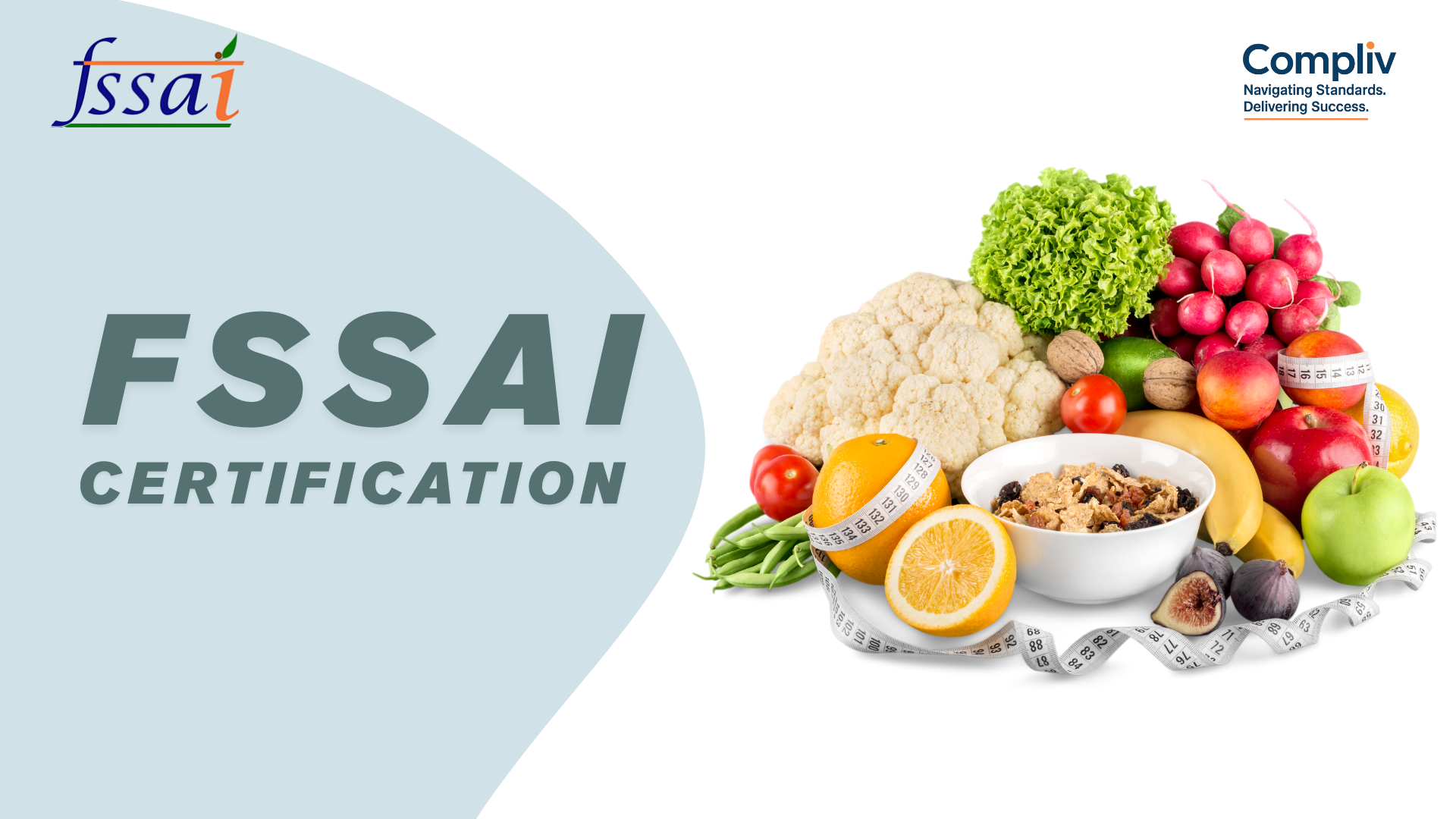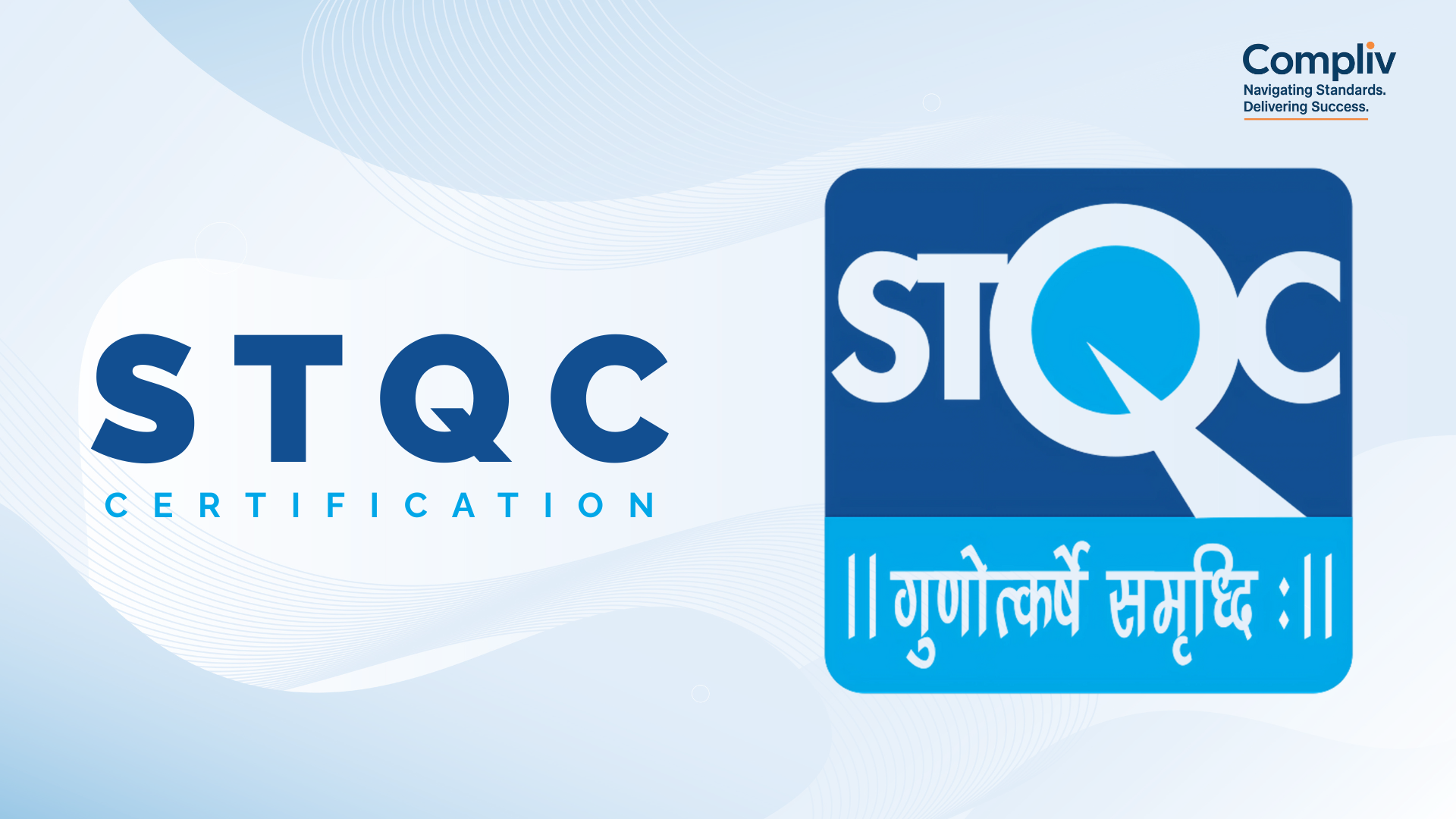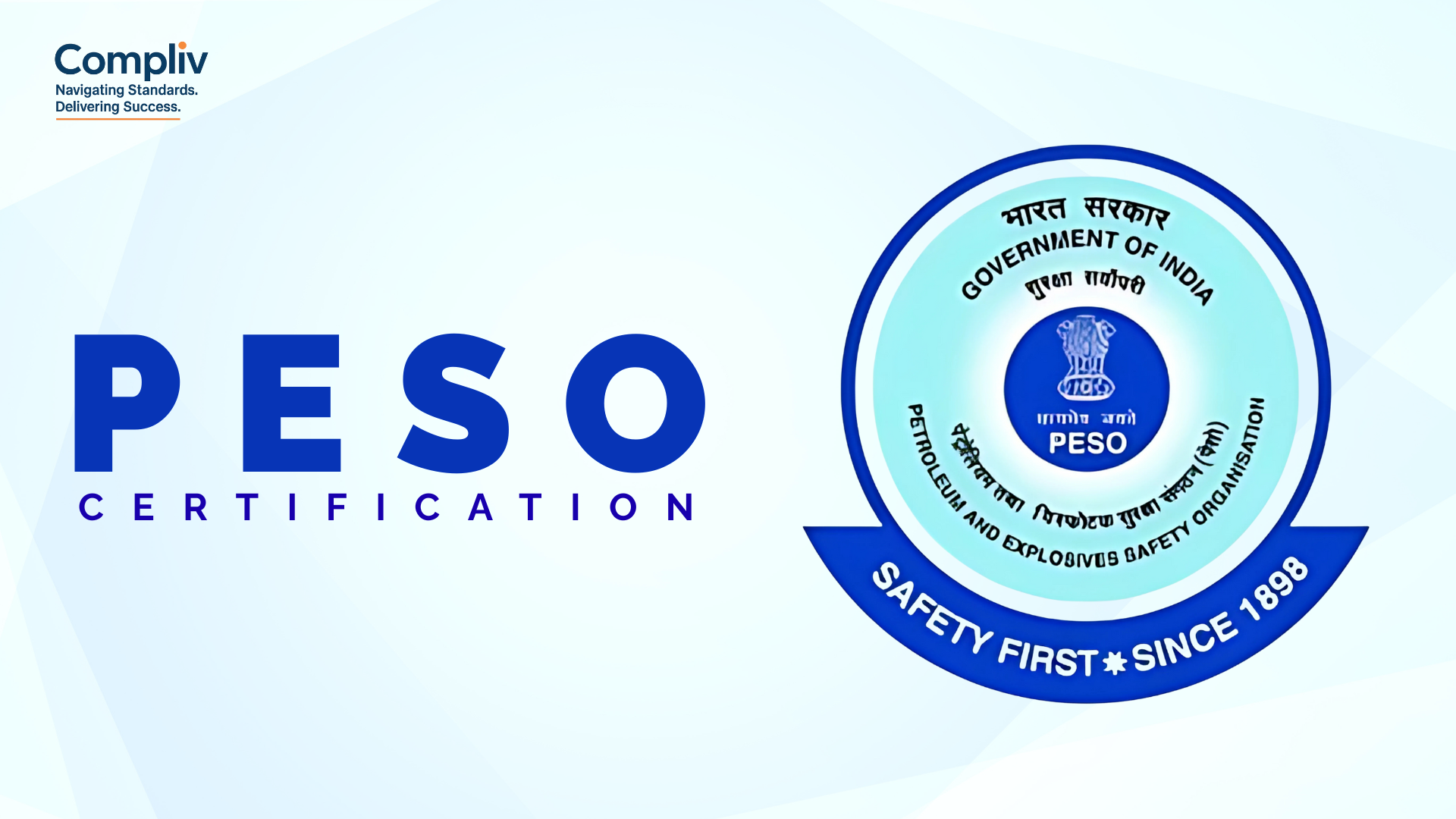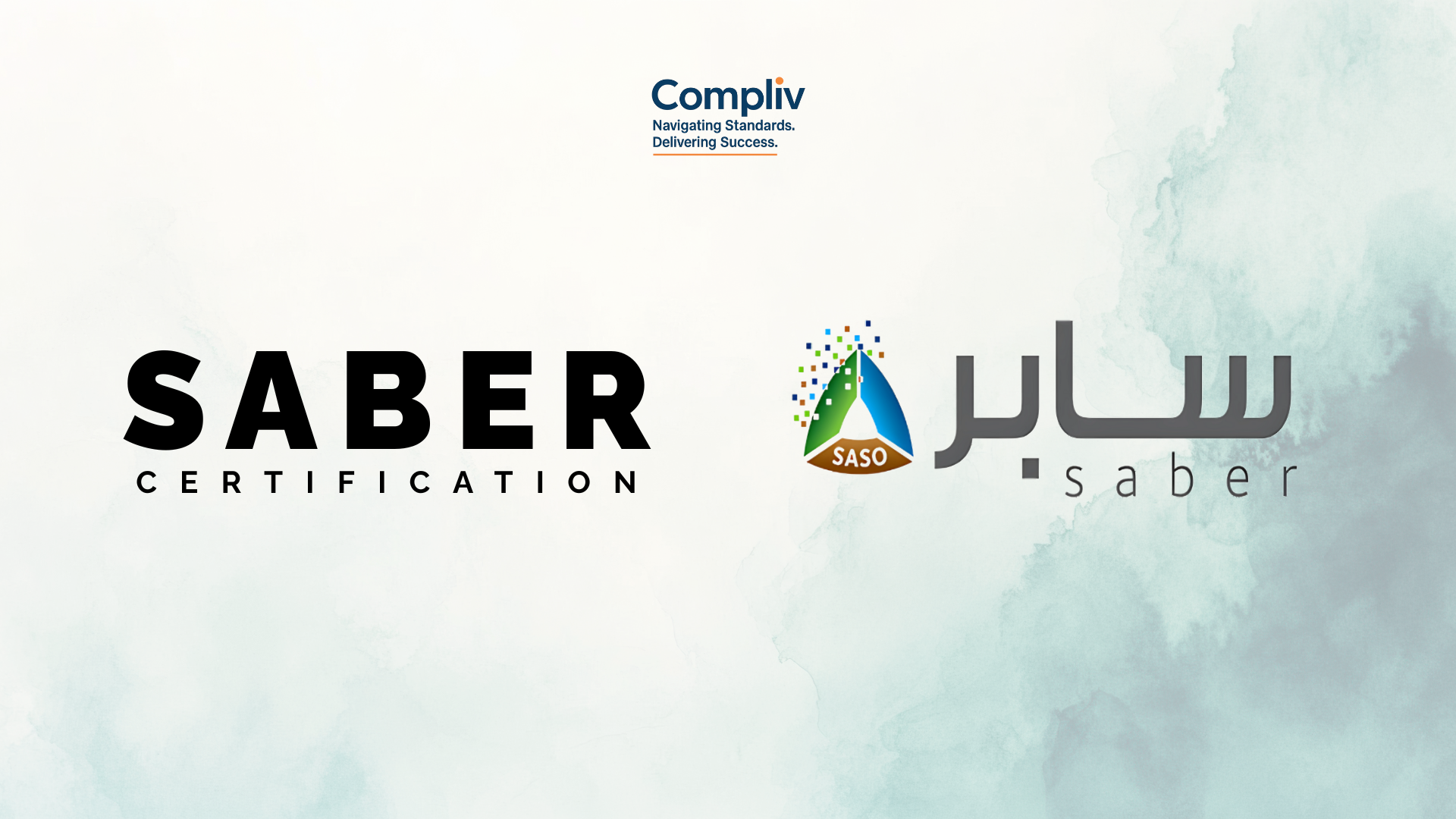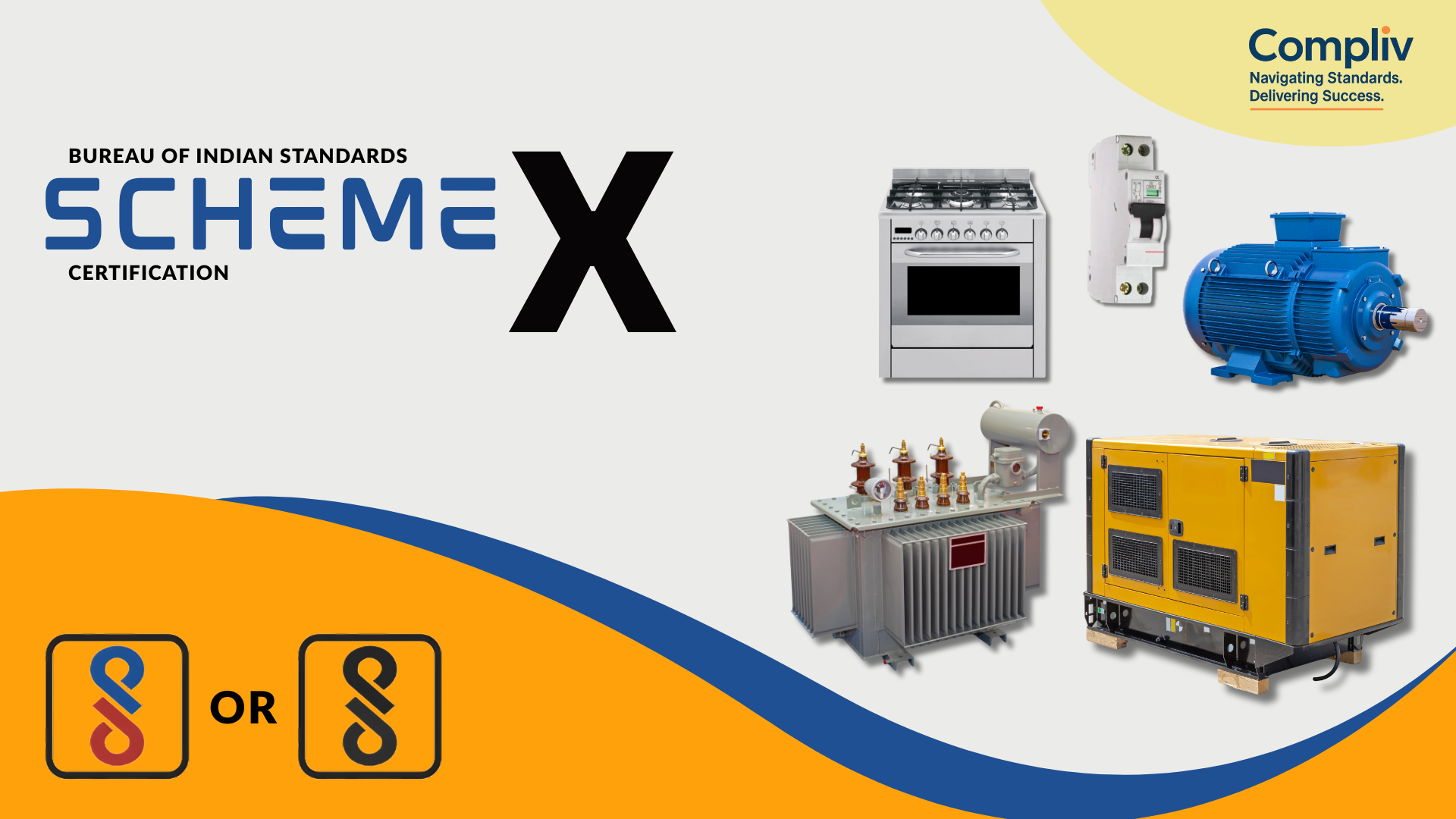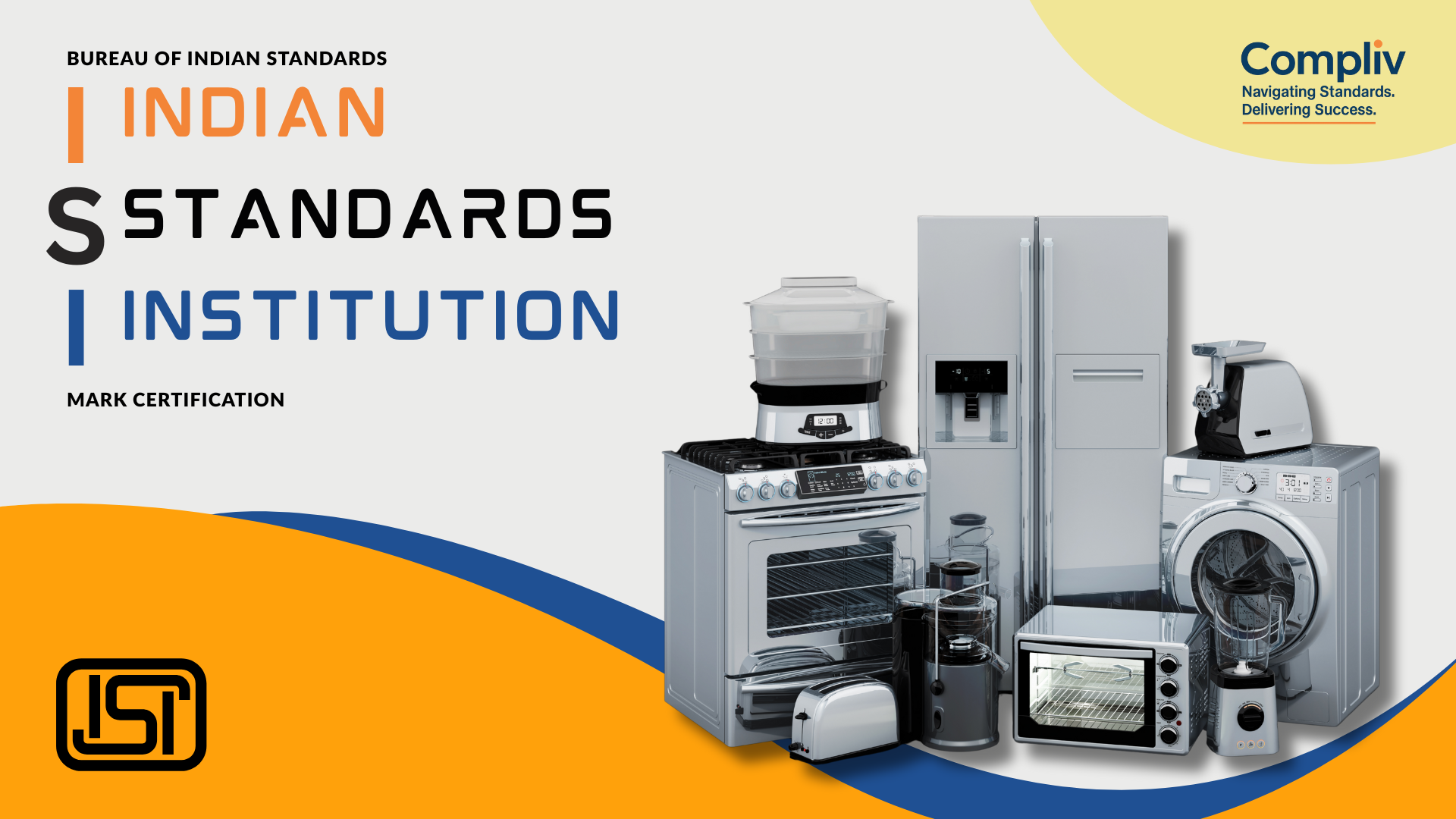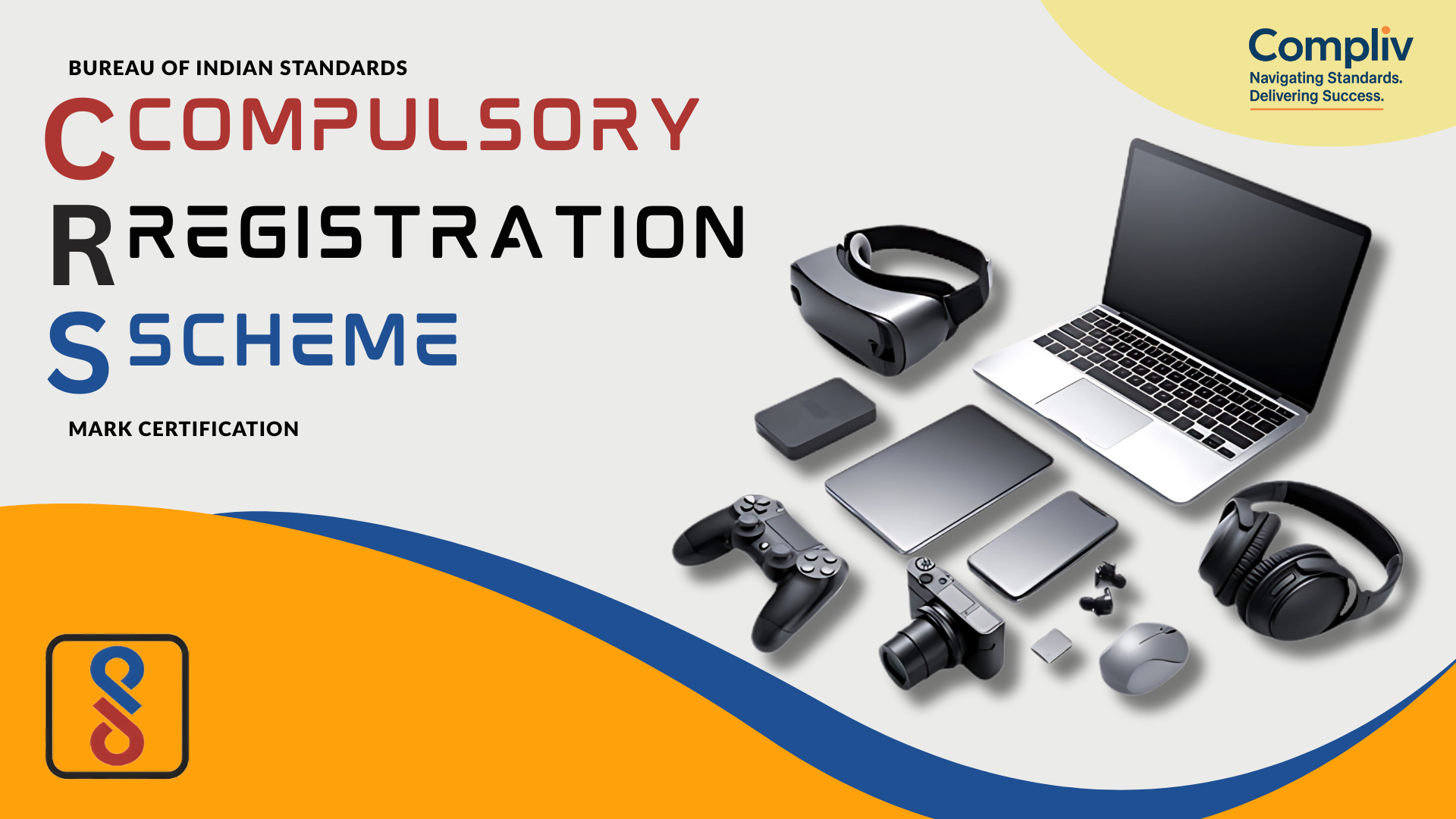Extended Producer Responsibility (EPR) for Tyres is a regulation introduced by the Central Pollution Control Board (CPCB) to ensure sustainable management of waste tyres. It holds tyre manufacturers, importers, and brand owners accountable for collec...
EPR for Used Oil is a regulatory compliance that ensures safe collection, recycling, and disposal of waste oil generated from industries, vehicles, and machinery. It promotes sustainable waste management by reducing environmental pollution and conser...
EPR Battery Waste refers to the Extended Producer Responsibility framework that makes manufacturers, importers, and brand owners accountable for the collection, recycling, and eco-friendly disposal of used batteries. It ensures proper management of h...
Extended Producer Responsibility (EPR) for E-Waste is a government initiative under the E-Waste (Management) Rules, 2022. It ensures that producers, manufacturers, and importers of electrical and electronic equipment take responsibility for collectio...
Extended Producer Responsibility (EPR) for plastic trash is a legislative framework that holds makers, importers, and brand owners accountable for the collection, recycling, and safe disposal of plastic items placed on the market. EPR ensures sustain...
CE Certification, also called CE Marking, is a mandatory requirement for selling products in the European Economic Area (EEA). It ensures that a product complies with essential EU safety, health, and environmental standards. By obtaining CE Certifica...
TEC Certification is a mandatory approval issued by the Telecommunication Engineering Centre (TEC), under the Department of Telecommunications, India. It ensures telecom and ICT equipment meet technical and safety standards before being marketed. The...
BEE Certification is granted by the Bureau of Energy Efficiency (BEE), Ministry of Power, Government of India. It ensures that appliances and equipment meet defined energy efficiency standards. The certification allows manufacturers and importers to ...
FSSAI Certification is a mandatory requirement for all food-related businesses in India. Issued by the Food Safety and Standards Authority of India, it ensures that food products meet strict safety and hygiene standards. Having this certification not...
STQC (Standardisation Testing and Quality Certification) is a government initiative under MeitY, India, offering quality assurance services for IT, electronics, and e-governance systems. The certification ensures products and services comply with nat...
PESO Certification is a mandatory approval granted by the Petroleum and Explosives Safety Organization in India. It ensures that equipment and products handling petroleum, gas, or explosives comply with safety laws. This certification is crucial for ...
The G Mark (Gulf Conformity Mark) is a mandatory certification for children's toys and low-voltage electrical products sold in the Gulf Cooperation Council (GCC) countries: Bahrain, Kuwait, Oman, Qatar, Saudi Arabia, United Arab Emirates, and Yem...
The Middle East G Mark Low Voltage Certification is a mandatory compliance mark for electrical products entering GCC countries. Regulated by the Gulf Standardization Organization (GSO), it confirms safety and conformity with Gulf Technical Regulation...
Middle East SABER Certification is a mandatory product conformity assessment system established by SASO (Saudi Standards, Metrology, and Quality Organization). It ensures that imported and locally manufactured products comply with Saudi standards and...
BIS Scheme X is a mandatory certification program by the Bureau of Indian Standards (BIS) for electronic and IT products sold in India. It ensures products meet Indian safety and quality standards before reaching consumers. Manufacturers, whether dom...
The BIS ISI Mark Certification is a mandatory quality certification by the Bureau of Indian Standards (BIS) for certain products sold in India. It ensures safety, reliability, and compliance with Indian Standards. Products with an ISI mark gain highe...
BIS CRS Registration, introduced by the Bureau of Indian Standards (BIS), is mandatory for electronic and IT products before being sold in India. It ensures product quality, safety, and reliability for consumers. Manufacturers, both Indian and foreig...

.png)
.png)
.png)
.png)
